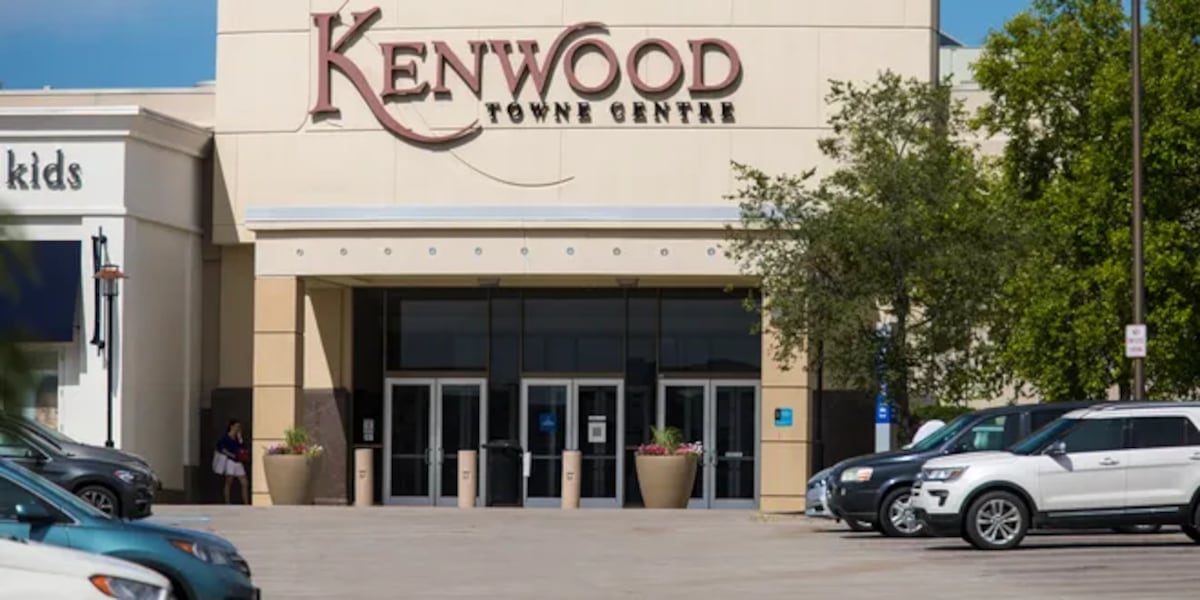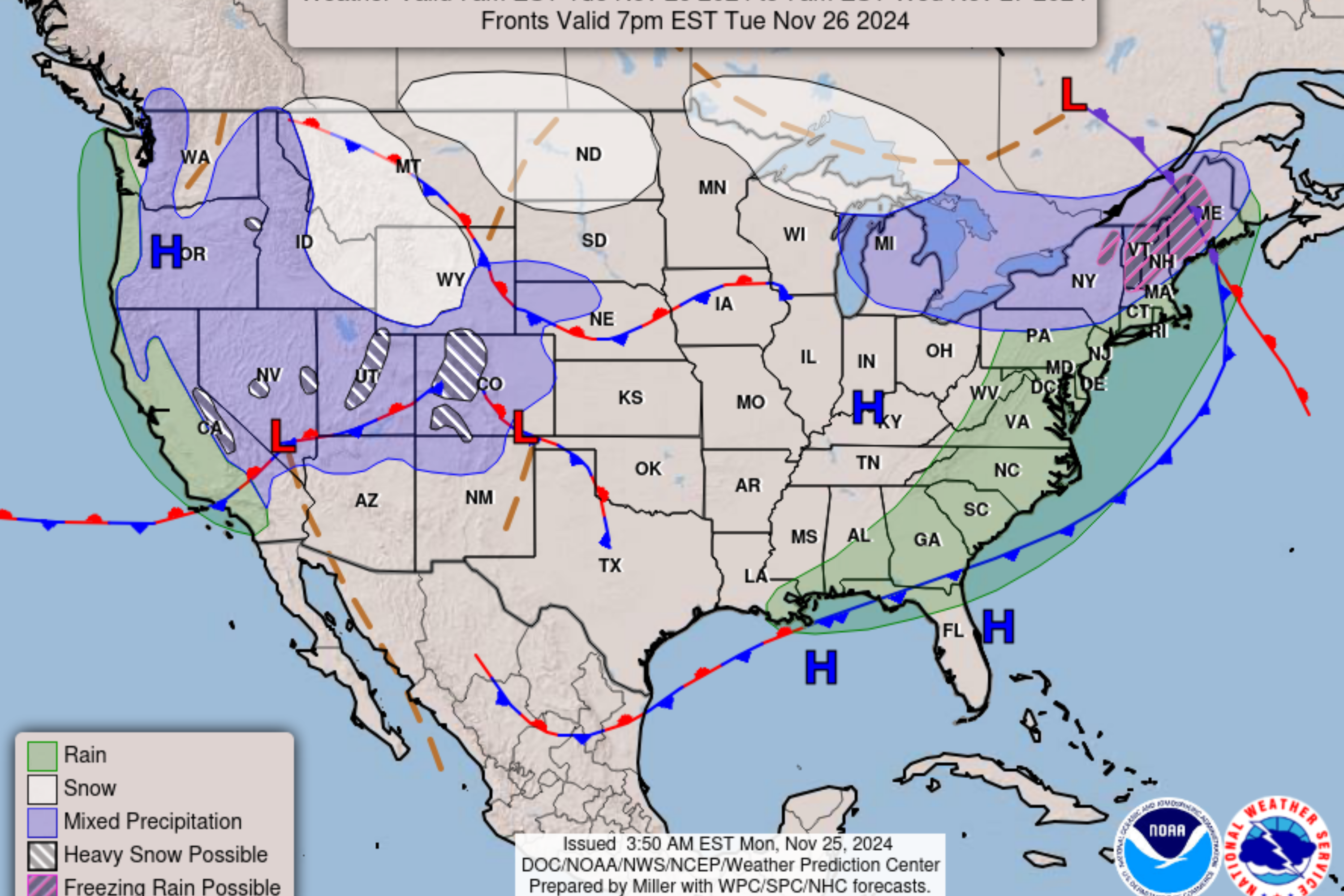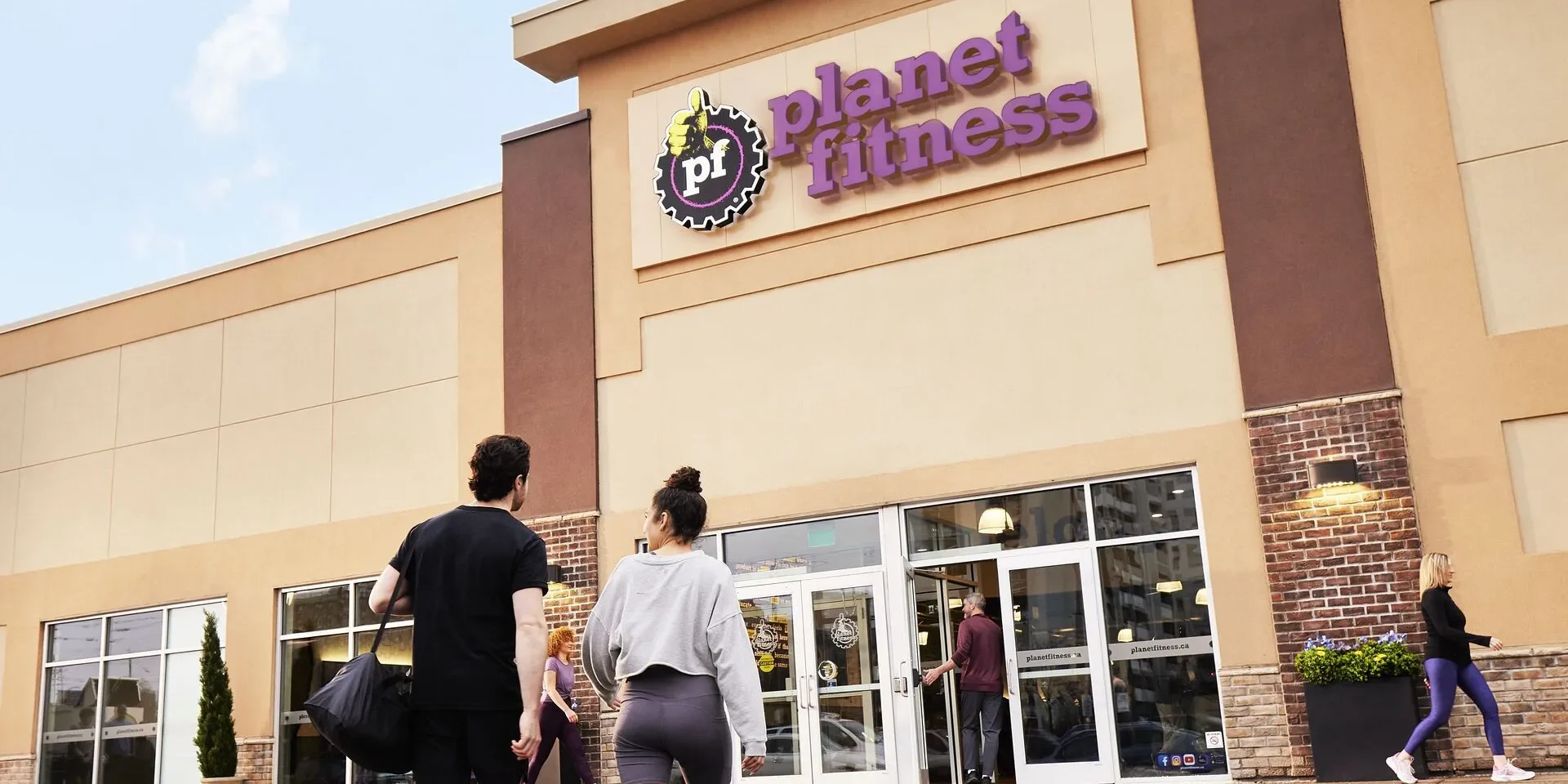Bussiness
New entrepreneurship center opens at Wright State to help veterans, spouses start, expand businesses
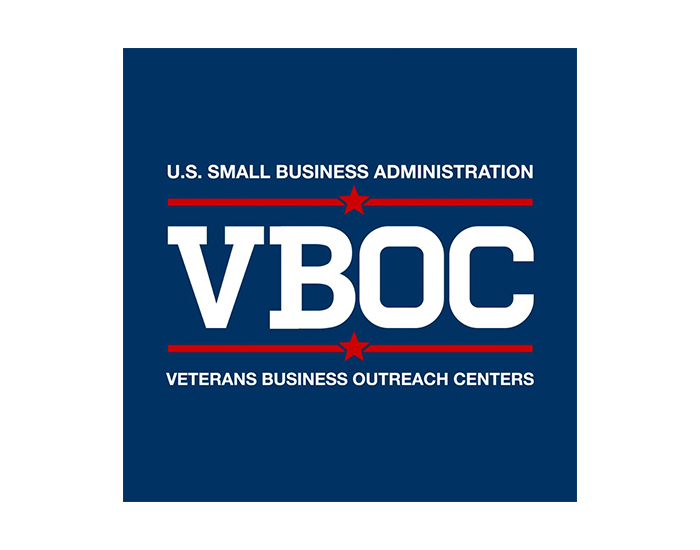
Local veterans and their spouses who want to start a business now will have a more convenient way to get resources.
Wright State University’s Veteran and Military Center is now home to a Veterans Business Outreach Center (VBOC) office, one of 31 nationwide and the first to open in Ohio.
Designed to support these budding entrepreneurs, the Veterans Business Outreach Center will welcome local veterans to explore how best to navigate the programs and opportunities provided by the Small Business Administration.
The center is a tenant of Wright State’s Veteran and Military Center in 131 Allyn Hall.
The Veterans Business Outreach Center will support veterans and their spouses who pursue a business, an SBA loan or designation as a veteran-owned business to attract federal contracts. Business loans made through the center will be through the Economic and Community Development Institute (ECDI), the largest provider of micro-loans to Small Business Administration (SBA) clients in the nation.
“This is all about veterans getting access to a suite of resources, including business plan development, capital, and mentoring,” said Seth Gordon, Ph.D., director of the Veteran and Military Center.
Bringing the Veterans Business Outreach Center to Wright State has been in the works for about two years. Wright State is a good landing spot for the business center because of the proximity of Wright-Patterson Air Force Base and the large number of veterans and their families in the area.
“We’ll be working with veterans and military spouses who are interested in starting their own businesses or businesses that may already be in their third, fourth or fifth year and are ready to expand,” said William Bowers, the inaugural director of the Veterans Business Outreach Center of Ohio. We’ll provide coaching and consulting and pair folks up with resources they need.”
Bowers named two programs as examples of what the center can do: Boots to Business, which introduces those who recently left the service to business ownership, and Reboot, for those interested in entrepreneurship but have been a veteran for several years.
He noted the convenience of having a veteran business center on Wright State’s Dayton Campus. Previously, the closest such office was in Flint, Michigan.
“If someone from here wanted counseling, they’d have to rely on email or video, Skype or Zoom,” Bowers said. “Now, an individual can come into my office, close the door, and I’m immediately available to them.”
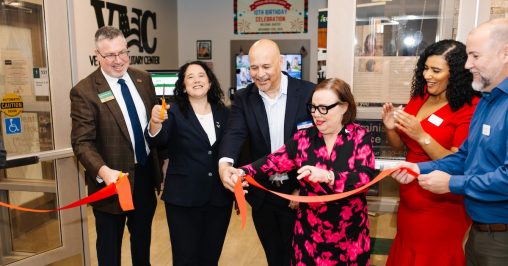
Representatives of Wright State’s Veteran and Military Center, the Small Business Administration and Economic and Community Development Institute celebrated the opening of the first Veterans Business Outreach Center in Ohio.
As in the name, the Veterans Business Outreach Center is also about outreach.
“We’ll be letting the community know we’re here and to help them start a business,” said Bowers, an Air Force veteran. “If it’s financing they need — loans from $500 to $2 million — or for somebody to look over your financials, marketing plan or website, we’ll have resources available through our partners and the ECDI and the SBA and the surrounding community.”
The sense of community is an important component.
“Starting a business can be a lonely road,” said Nicole Liatos, vice president for entrepreneurship at the Economic and Community Development Institute. “Veterans are often forgotten about and are historically underserved as entrepreneurs. We’re leveling the playing field for them by providing training, coaching and access to capital and giving them a sense of community and a supportive network.”
Liatos emphasized that the business center serves the entire state of Ohio and will offer programs across the state and virtually.
“We’re highly impressed with Dr. Seth Gordon’s leadership. The partnership is a natural fit,” Liatos said.
Landing a Veterans Business Outreach Center office is good for Wright State, Gordon said.
“It provides us with traffic. We’re going to have people from around the state and Indiana and northern Kentucky here to work with VBOC,” he said. “They’ll see that Wright State is a military-friendly institution. And it further enhances the connection between Wright State and Wright-Patt.”
Bowers sees this as a win-win arrangement for Wright State and budding entrepreneurs, who might not know what questions to ask or what they might need.
“We here will hopefully have those answers and those resources,” he said.


